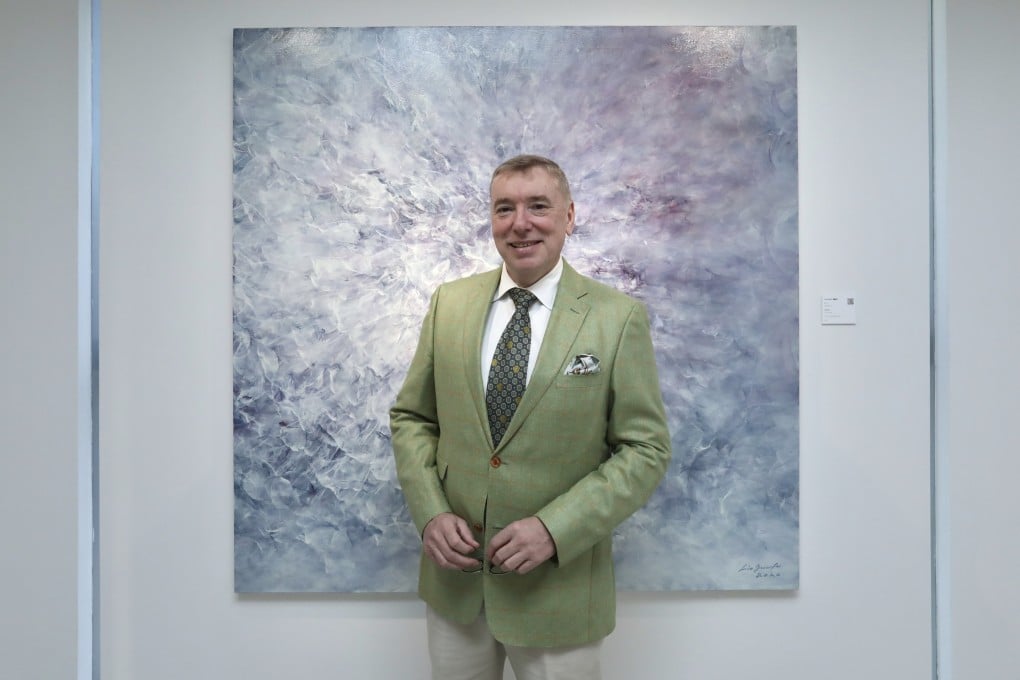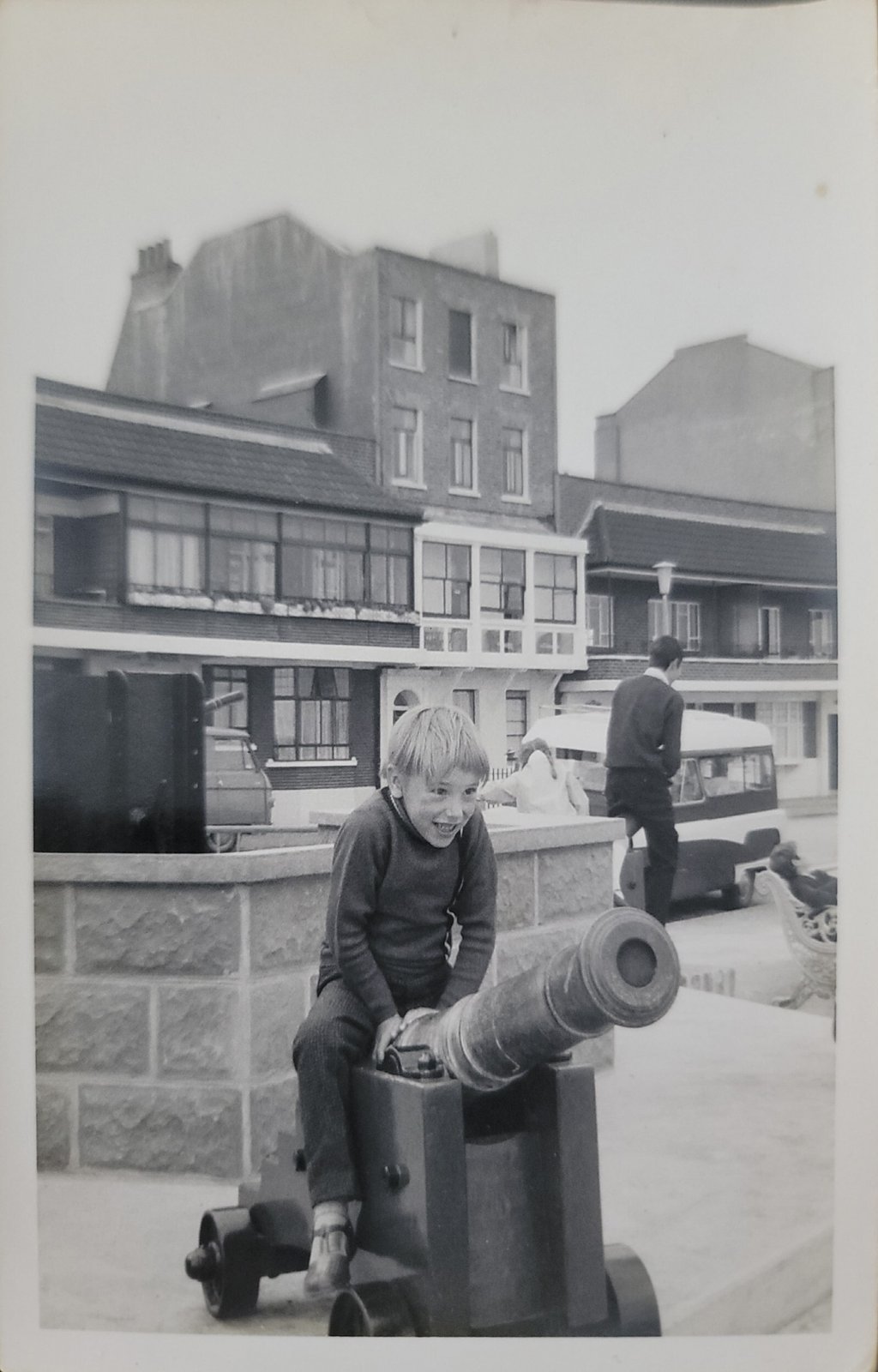Profile | From skiing to banking to opening an art gallery, Mark Peaker, the ultimate people person, on achieving your goals slowly
- Mark Peaker started skiing when he was six and became a ski instructor in Zermatt, Switzerland, before starting a career in banking in Thatcher’s Britain
- That took him to Hong Kong, where he met his partner and they opened an art gallery where he can make the most of his people skills, he tells Kate Whitehead

I was born in London in 1963 and am a Londoner through and through. My father was a very serious man. He’d been in the air force during the war and life for him was serious. But my mother’s attitude was “you’re here once, just enjoy it”. I think I’m a mixture of both my parents.
My dad was a businessman. I didn’t spend too much time talking to him, but I do remember him telling me to focus on what I want to achieve, but do it slowly. It’s something I’ve taken with me through life. My older brother is eight years my senior. He’s the polar opposite of me, very quiet and demure. Even though we are very close now, that didn’t happen until much later in life.
My father died when I was 14, so I didn’t get to know him so well. My mother was a very independent person and I think children for her were something you didn’t necessarily have to embrace through their entire life journey. She was happy to go off and do her own thing and travelled a lot. She employed nannies.
